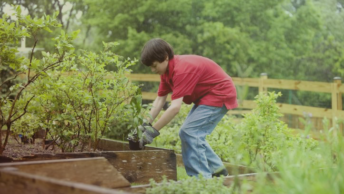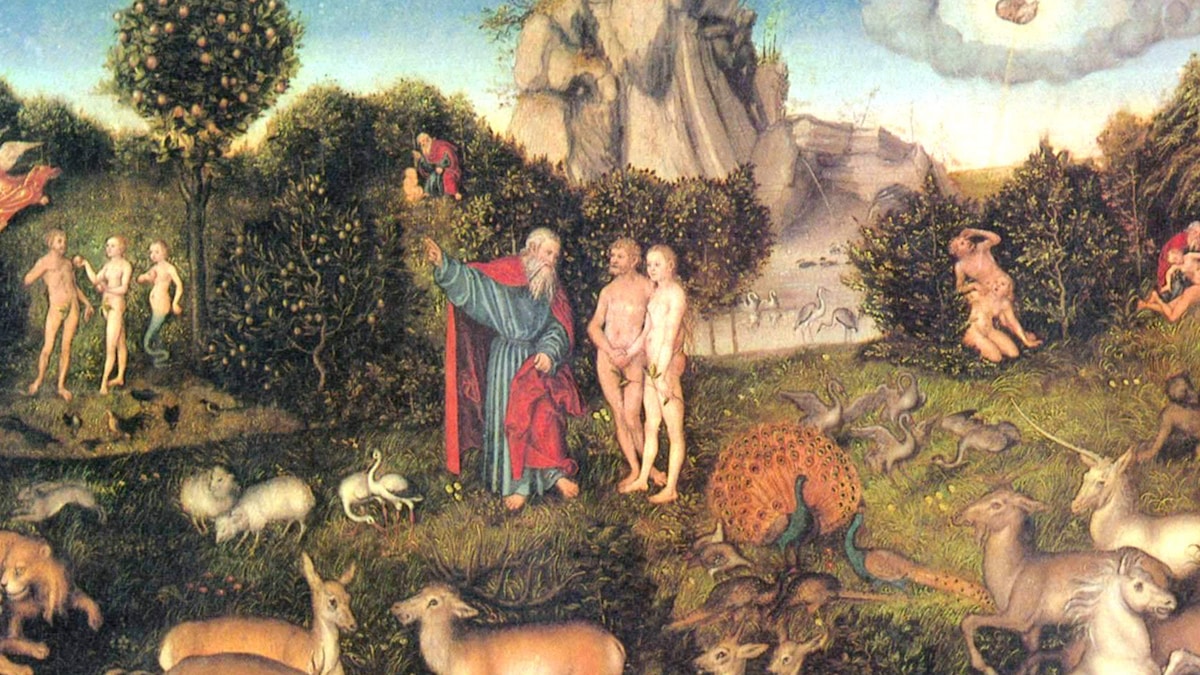In 2011, The Way, starring Martin Sheen (father) and Emilio Estevez (deceased son), made it to the Silver Screen. In the first scene, a doctor (and lapsed Catholic) is interrupted while playing golf to receive a phone call from a French police captain and is told that his son had died while walking the El Camino de Santiago de Compostela (in English: The Way of St. James). Shortly thereafter, the father flies from California to France where he identifies his son, authorizes his cremation, and notifies his medical practice that he won’t be home for several months. Seeking to honor his son’s commitment to walk the historic 500-plus kilometer path, he loads his son’s ashes into his backpack and embarks upon a pilgrimage from France that will lead him to Santiago de Compostela Cathedral in Spain that contains the tomb of St. James, one of the apostles of Jesus Christ.
Prior to the film’s release, Martin Sheen was interviewed about the movie and journey.
“Each step is a prayer when you’re out there. You generally start out with a lot of stuff because you want to be prepared for whatever happens. As you go, you begin to have confidence and you begin to realize you over packed, and you begin to disperse all the stuff. The real pilgrimage begins on the inside, and you begin to let go of all the things you’ve been holding on to in the dungeon of your heart. You begin to let that one go that you couldn’t forgive. You begin to stop being judgmental, and envious, and angry, and selfish, and resentful, and all the dark parts of our spirit begin to be released.”
Today, I begin with this story because the readings for the 31st Sunday in Ordinary Time attempt to move us forward. Before continuing, however, I would like to point out that before moving anywhere, our posture is generally that of sitting or standing unless, of course, we find ourselves lying down.
As you know, during the Mass, our posture includes two of these (sitting and standing) while adding a third: kneeling. At the end of Mass, after we’ve heard the Word of God and received Him in Holy Communion, we stand for the Concluding Rites. After the priest gives the final blessing and the deacon dismisses the people, some of us are tempted to think: “Great. My Sunday obligation has been fulfilled. Time for donuts and coffee.” But, as my grandfather used to say [to me]: “Not so fast, young man.”
For by digging deeper into liturgical history, we note that the dismissal actually gives the liturgy its name and the word “Mass” comes from the Latin word, “Missa.” Not that many years ago, the people were dismissed with the words “Ite, missa est” (literally meaning “Go, she—meaning you, the Church—has been sent”). The word “Missa” is also related to the word “missio,” the root of the English word “mission.” As such, although some of us are tempted to believe that the liturgy comes to an end, in reality—it doesn’t! For the assembled have been sent forth to bring the fruits of the Eucharist— to the world.
By sending us forward, the Church calls us to evangelize. Our mission? First, to make God known in our families and the world in which we live. Second, as we go out and tell the Good News, that we come to rely upon God for the words and actions to complete the task. With God working through us, we pray that “Thy Will be Done.” Not ours.
In his Second Letter to the Thessalonians (1:11-12), isn’t that what St. Paul tells us? “To this end we always pray for you, that our God may make you worthy of his call, and may fulfill every good resolve and work of faith by his power, so that the name of our Lord Jesus may be glorified in you, and you in him, according to the grace of our God and the Lord Jesus Christ.”
In short, St. Paul declared that we should not assume the posture of potted plants! For we have been called so “…that God may fulfill every good resolve and work of faith [in us] by his power.” By calling us to stand up and go out into the world, we are reminded that Jesus is the Way, the Truth, and the Life. He is the one that gave us life. He is the one that sustains our every breath. He is the One that sends us on our journey that will end in Him.
All of this leads us to the story of Zacchaeus (Luke 19:1-10). In entering the town of Jericho, we are told that Jesus did so with the idea of passing through it. Zacchaeus, who was the chief tax collector and a very rich man, lived there. Some might say that if you looked past his sinfulness, he was in great shape. With money to burn, Zacchaeus “had it all” and was “in need of nothing.” But deep down, beneath the external, he knew that something important was missing. And so, he went searching because God had been calling him. No, not on a telephone or by a text message. Rather, Jesus had been calling Zacchaeus’s heart. So that he might come and see.
And so, Zacchaeus climbed a tree. We might ask just who would climb a tree? A person, I suppose, seeking a high place to see or hoping to be seen. For Zacchaeus, it was a combination of both. First, he needed to climb a tree so that he would be high enough to see Jesus in the crowd. Second, given that Jesus possessed that which he lacked in his life, he hoped that Jesus would see him. In Zacchaeus’s case, he hit the jackpot! For Jesus not only saw him but called him down from the tree. Once there, Jesus told him that “I must stay at your house today.” For Zacchaeus, it was though the blinders came off. He confessed his sins to Jesus. And after promising that he would give “half of his possessions to the poor” and repay those from whom he had extorted by a “factor of four,” Jesus offered him forgiveness and mercy, and told him that “Today, salvation has come to this house.” As the Wisdom writer (11:23) reminds us: “you have mercy on all, because you can do all things; and you overlook people’s sins that they may repent.”
A final thought. In the days we live, so many of us would give our proverbial right hand for a closer glimpse at a celebrity or prince or president. But in days gone by, I’ve read stories that men would tip their hats when passing by a Catholic Church on their way to their intended destination. After all, the Blessed Sacrament was reserved there.
Today, however, things are different. While hats are no longer in style, our reverence for Jesus is also less present. We hear that “people are busier” and have “more things to do.” Sadly, the reality is that people don’t worship God the way they used to.
On our way to work or soccer practice or the local coffee shop, people pass by Jesus. That is too bad. Because Jesus waits for us—quietly and patiently— and hopes that we will approach Him so that He may offer us His forgiveness and mercy.
And set us on our Way.








